Living In Ghana Expat Guide – part 2 . You can see part one here.
Understanding the Cost of Living in Ghana
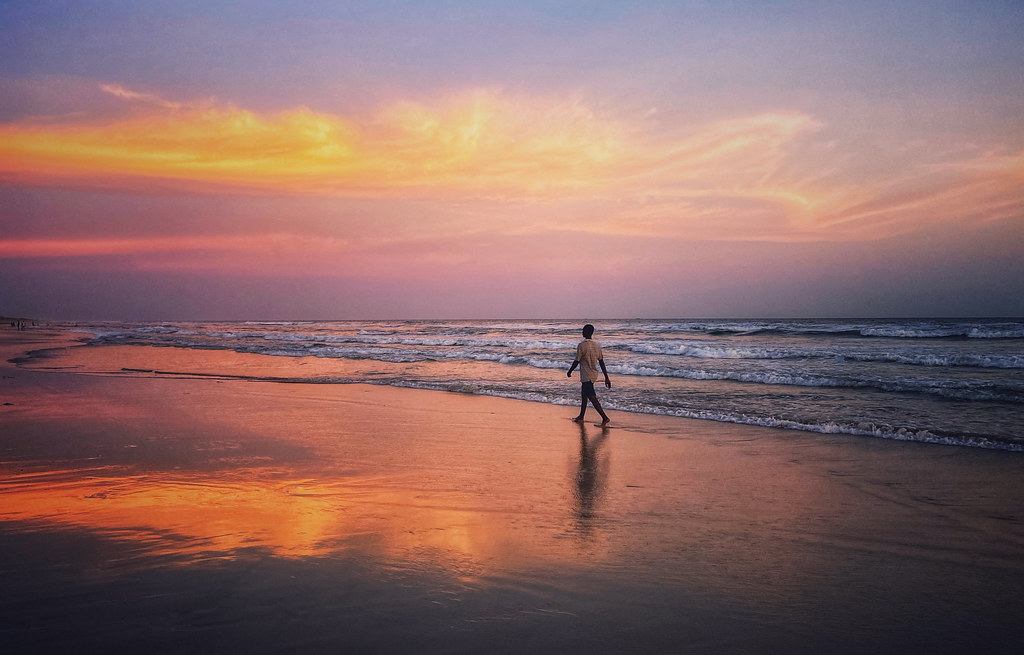
If you are coming to Ghana, most likely, you will be looking for a place to live. You can choose between renting or buying. Renting is far less expensive than buying, so if you are on a tight budget, this may be preferable.
However, it is nice having your own space, and if you plan on spending more than six months in the country, it may be more cost-effective to buy. The following is a list of the main expenses that you should keep in mind when preparing your budget:
● Rent: can range from 10$-50$. If you live in a city such as Accra or Kumasi, you should expect to pay closer to the higher end of this scale.
● Lunchtime meals: can cost as little as 2.50-3$.
● Dinner out at a restaurant: will run around 5$. If you are eating dinner in a nice place with air conditioning, you should expect to pay closer to 10$.
● Transportation costs: taxis are the most expensive form of transportation. You could easily spend 50 cedis ($20) in one evening. Buses are much cheaper, but they are challenging to figure out and not very comfortable. The best way to get around is by car. You can usually find a driver to take you where you want to go for 10-15 cedis per hour ($5-$7).
● Groceries: the minimum you will probably pay for groceries is 150 cedis ($60) per week. You can usually get breakfast ingredients (bread, eggs, juice, fruit) for around 25 cedis (.50$). Fresh vegetables are also cheap, but meat and fish are more expensive.
● Entertainment: movies range from 5-7 dollars, a nice dinner for two at a restaurant with air conditioning is 10$.
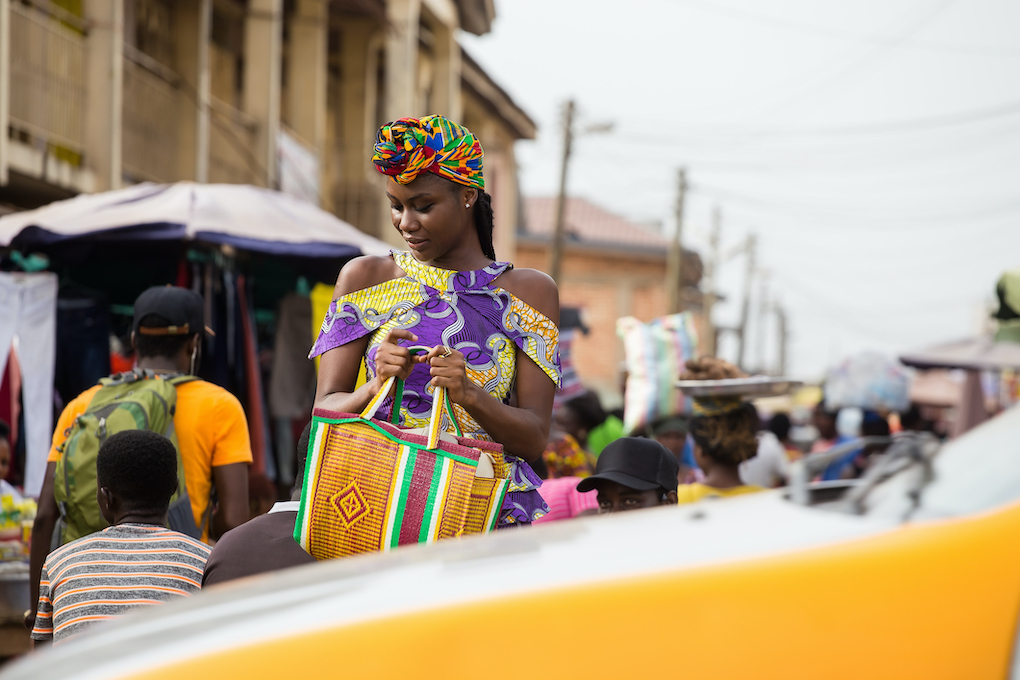
Cons of Living in Ghana as an Expat
There are many pros to living in Ghana as a foreigner. They tend to have great salaries, live in large, luxurious homes with maids and drivers. Not only is that, but they have access to some of the best cuisines on the continent, do not have to wait in popular lines at bars or clubs, and many more. However, there are also some downsides; check it out below.
- It’s expensive to maintain a lifestyle like you’re accustomed to at home.
- Threatened and even attacked by locals if you dare to take certain shortcuts or cut through popular areas (especially, but not exclusively, late at night).
- Foreigners are often treated as walking wallets or ATMs.
- Inability to fully follow the local culture and customs due to foreignness.
- Generally, expats who adapt to a luxury lifestyle will have difficulty making ends meet in Ghana.
- Dining out is very expensive compared to eating local food or going grocery shopping and cooking.
- Corruption is so pervasive, even the richest of foreigners are not immune to it.
- You can never get all of your money out of the country due to capital controls, etc.
- A foreigner who gets into a car accident will have extreme difficulty finding someone trustworthy to work on their car or deal with the accident’s aftermath.
- The threat of disease – especially mosquito-borne like malaria and dengue fever is ever-present and can ruin your life if you contract it (and even if you don’t).
4 Best Cities to Reside in Ghana
Since you’re planning to relocate to Ghana, it’s high time you know the best places to visit. Here are four of the best cities where you can live.
1. Accra
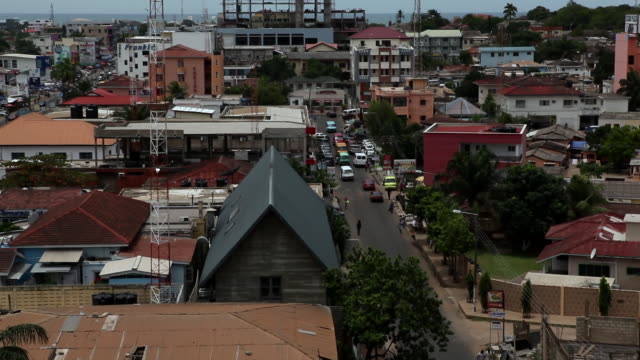
If you want an international city experience but don’t want to travel too far away, then you should try Accra. This city is filled with opportunities and can provide an excellent atmosphere for you. The city has a lot of activities going on, with many beaches just within a 15-kilometer radius from each other. Also, the weather in the summer is also pleasant because it never gets too hot or humid to handle.
2. Kumasi
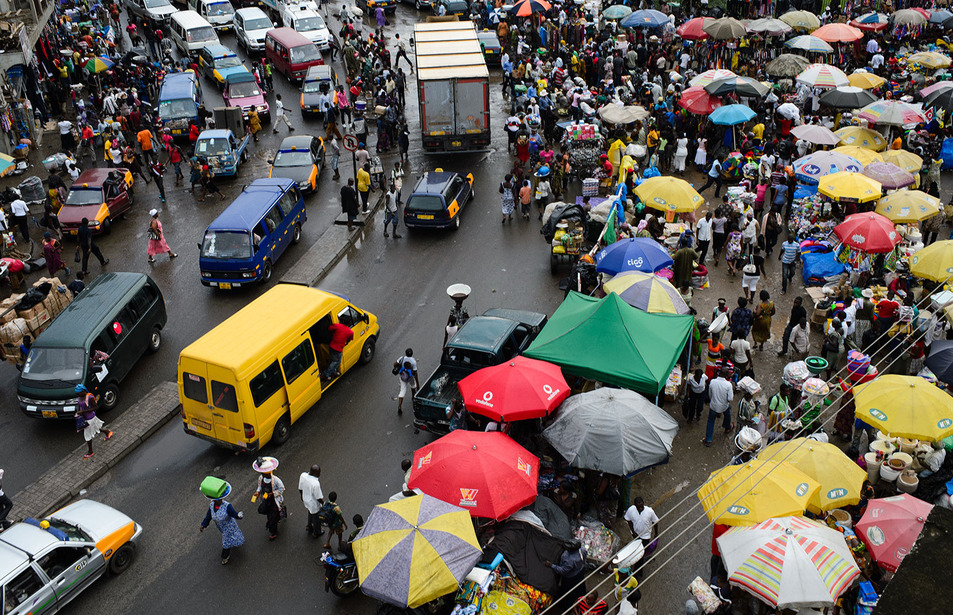
Are you looking for adventure? If so, then you should definitely look into moving to the second-best city in Ghana. Kumasi is known for its rich culture and heritage, with historical monuments that will leave you breathless. This city also has many opportunities for career-driven individuals since it’s a major center for trade and commerce. You can also visit nearby villages if you want some peace of mind.
3. Tamale
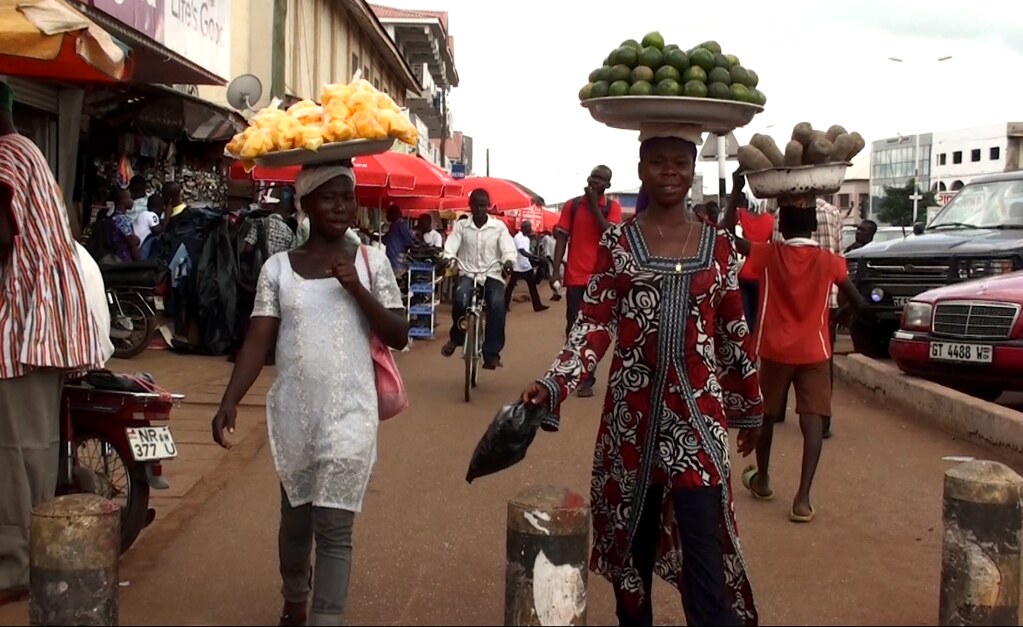
Tamale is a city in northern Ghana and is known for having some of the best people you’ll ever meet in your life. Since it’s an inland city, there’s never a dull moment, especially because of its close proximity to rivers and hills that surround it. If you’re into nature, then this is the place to be.
Moreover, the best part about Tamale is its atmosphere. People in this city are very friendly and kind, which will help you adapt to your new environment a lot easier. The weather here is also pleasant, with warm temperatures all year long.
4. Sekondi-Takoradi
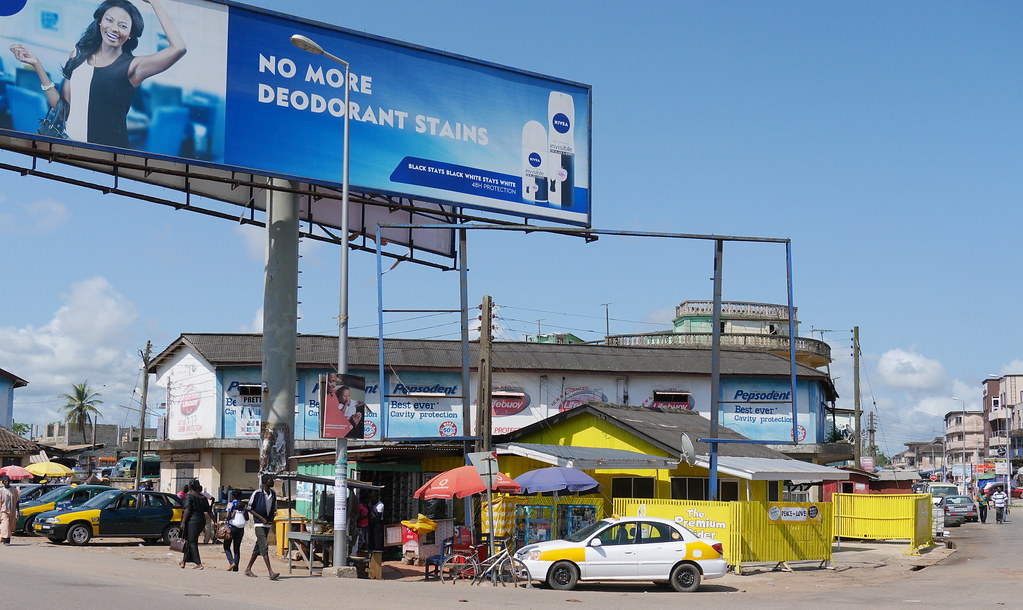
Last but certainly not least is Sekondi-Takoradi. This is also an international city with opportunities, but it’s known for its beaches and nature preserves. The best part about living in this coastal town is that you’ll never get bored of the beach. And this is because it never gets overcrowded or flooded during high tide. You can even go fishing or boat-riding with your friends and family here.
Frequently Asked Questions about Living in Ghana
How is the internet?
The internet here in Ghana can be very spotty and slow, but not to the extent that it has access to Wi-Fi outside of your home or office. If anything, expect situations when there are no Wi-Fi hotspots available, but you can still use 3G on your phone.
How is the healthcare system?
In Ghana, there are both public and private health systems that you can join to receive coverage. The easiest way to do this is by registering with a mission hospital or clinic in Ghana as a member of their staff (The staff member must be a Ghanaian). Also, the cost for this will depend on how much money you can afford and whether or not you want to support a mission-oriented organization.
How is the safety?
Ghana is overall a very safe country, but some parts of the city aren’t as developed as others and thus not as secure. As long as you don’t go wandering into dangerous areas (which we’re sure no one would want to do anyway) and keep your money in a safe place (such as keeping it at the bank), you will be fine.
What is the food like?
The food here in Ghana is very good, especially when eating fresh fruits and vegetables that don’t have to be imported. Besides, there are lots of different options when it comes to food here too. This means that if there is something you miss from back home, chances are it’s just a plane ride away.
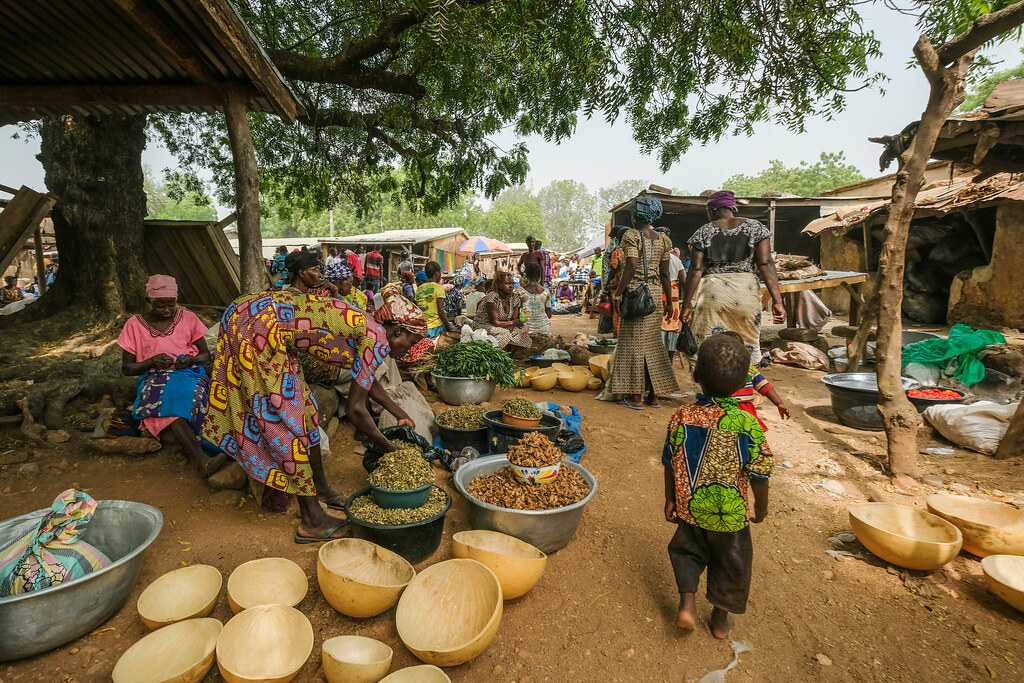
Do I really need a visa?
If you are staying in Ghana for longer than 90 days, then yes, you will probably need to apply for a visa. Fortunately, this process is not too difficult, and it only takes about 5-6 business days to receive once you have handed in your application.
How easy is it to relocate from Ghana?
Relocating from Ghana will be challenging but not impossible. If you can afford a plane ticket out of Ghana, then I’m sure you will find a way. However, this will depend on how much money you have and what your living situation is like.
What should I bring?
There are a few items that you might want to consider bringing with you if you know that they will be hard to find in Ghana. Some of these things would include; toilet paper, first aid supplies, and mosquito repellents (and anything else that might help with the mosquitoes).
Conclusion
Having a taste of African cultures in Ghana would surprise you and tempt you to relocate to this country. If you’ve been procrastinating about living in this country, here’s the time to stand up! We’ve got you covered by explaining the tips and everything needed. Should in case you need to know more, refer to this ultimate guide for more information.


